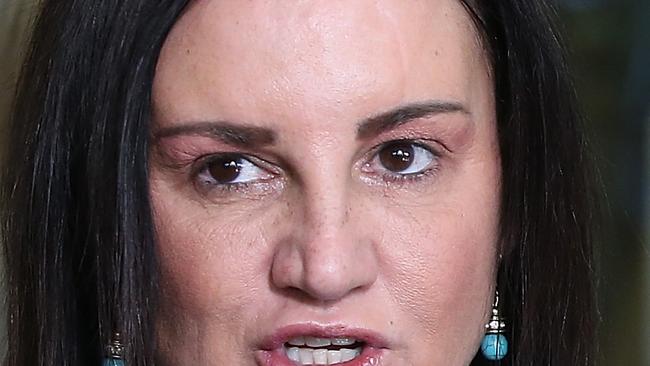Budget 2017: NDIS now running 20,000 places behind schedule, report says
The landmark National Disability Insurance Scheme is running behind schedule by almost 20,000 places, a report says.
The landmark National Disability Insurance Scheme is running behind schedule by almost 20,000 places, with new and developing cost pressures identified among children, a new report says.
An updated quarterly report covering January to March this year and released by the National Disability Insurance Agency yesterday shows a total of 78,006 people have approved support plans compared with a target of more than 95,000.
“In addition, 23,081 participants were awaiting a plan at 31 March 2017,” the report says. “Recognising that this is below the bilateral estimate, the NDIA is working with state/territory and commonwealth governments to obtain additional data on participants transitioning into the scheme.
“The NDIA is also working to bring participants into the scheme who did not previously receive support.”
Since trials began in July 2013 a total of $6.3 billion has been committed — though not necessarily spent — to the participants.
The $22bn scheme is due to be at full national coverage of 460,000 people by the middle of 2020 but has been plagued by computer system meltdowns and missing data on potential participants provided by state governments slowing the pace of planning. “A high proportion of children aged seven to 14 years entered the scheme in the quarter, with intellectual disability and autism being the most common disability groups for participants with an approved plan,” the report says.
It identified a higher than usual “prevalence of seven to 14-year-olds” entering the scheme, an indication that more children than expected are staying on in the NDIS even after early intervention.
“Prevalence pressure is now emerging in some sites for 15 to 18-year-olds,” the report says.
Plan costs are also more expensive than assumed, even above the distorting factors of inflation and ageing, which has been flagged again by agency bosses as a concern.
Nevertheless, the scheme maintains the estimate of total costs hitting $22bn in 2019-20 is still the best modelling.
“The NDIA’s evidence-based monitoring allows pressures on the scheme to be identified early and for management responses to be put in place to respond,” the scheme’s chief executive, David Bowen, said.
The agency, faced with rising costs, has introduced a “first plan” process which, in practice, makes it easier for the agency to keep a lid on expenses at the beginning of a person’s engagement with the NDIS.



To join the conversation, please log in. Don't have an account? Register
Join the conversation, you are commenting as Logout